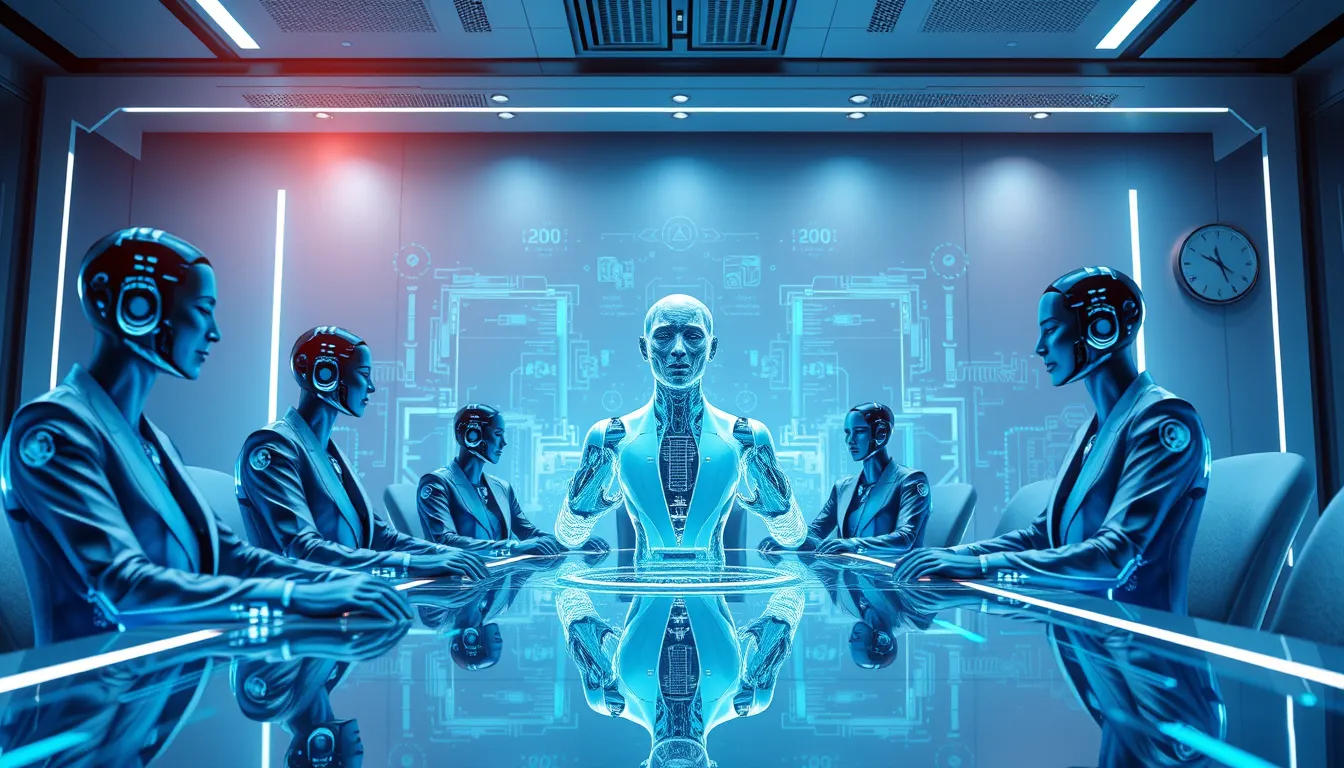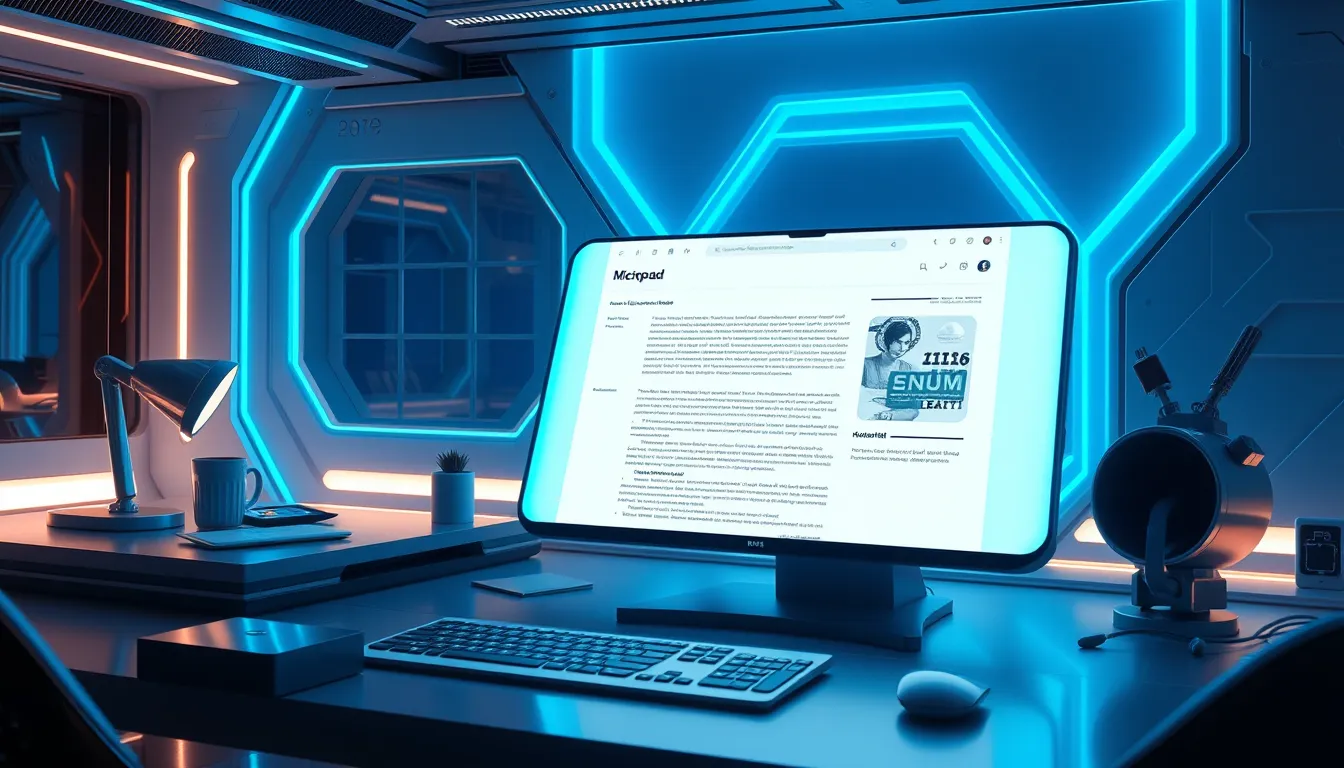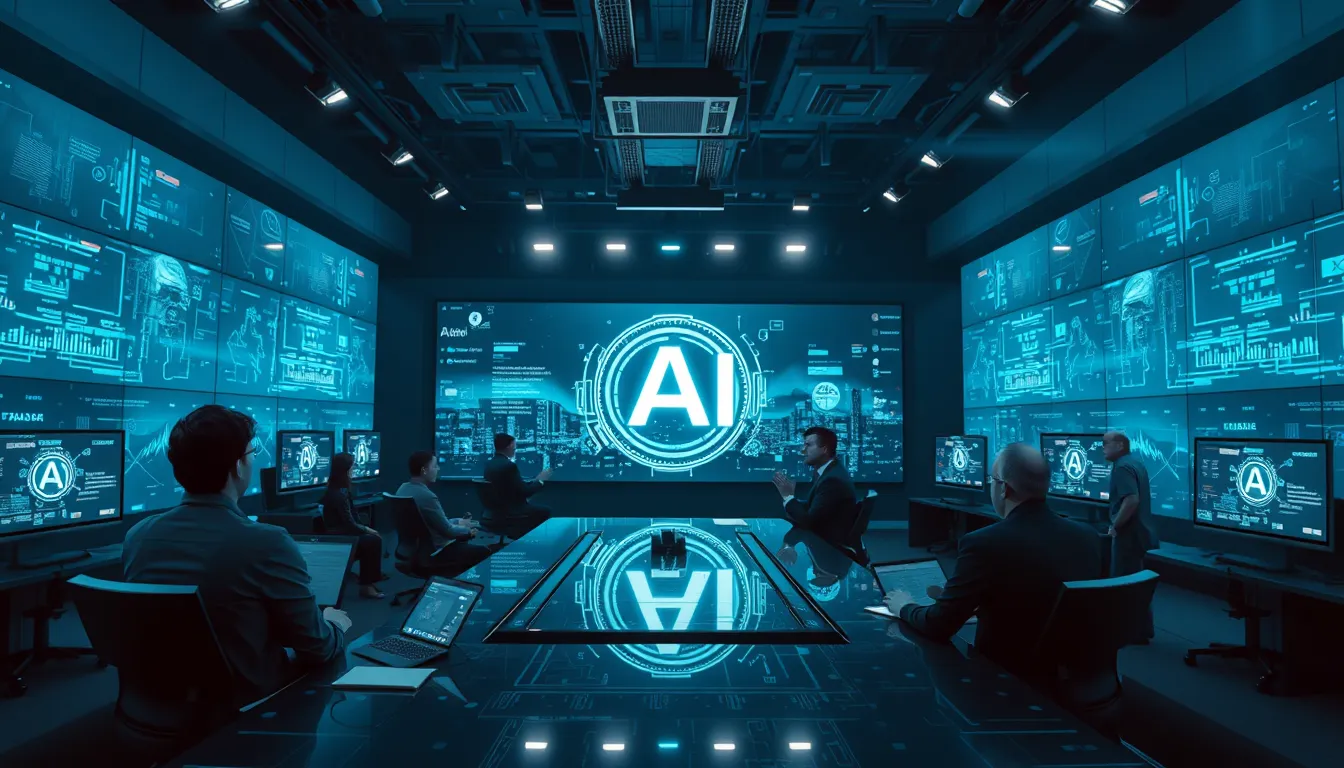Now Reading: Revolutionizing AI in Leadership: Transforming CEO Roles
-
01
Revolutionizing AI in Leadership: Transforming CEO Roles
Revolutionizing AI in Leadership: Transforming CEO Roles

Revolutionizing AI in Leadership: Transforming CEO Roles
In today’s rapidly evolving business landscape, the integration of artificial intelligence is reshaping traditional leadership models. AI in leadership is emerging as a critical force in transforming CEO roles and redefining management practices. This article examines the impact of AI-driven leadership, explores innovative trends like hybrid management models, and discusses how AI decision-making is enabling smarter corporate strategies.
The Evolution of AI in Leadership
The modern executive is increasingly relying on technology to manage complex operations and drive strategic initiatives. Early adopters of AI in leadership have discovered that automating routine tasks not only streamlines processes but also allows CEOs to focus on long-term planning and innovation. For example, companies like Zoom and Klarna have begun integrating AI tools into their executive workflows, resulting in enhanced operational efficiency and more agile decision-making.
Advancements in machine learning and natural language processing have paved the way for AI systems that can process vast amounts of data in real time. With these capabilities, AI not only handles routine administrative tasks but also provides insights through data analysis, market trend prediction, and investor relations management. As a result, the role of a CEO is gradually shifting from hands-on management to strategic oversight.
How AI Transforms CEO Roles
One of the most compelling aspects of AI in leadership is how it transforms CEO roles. The following sections explore this transformation in detail:
AI as an Auxiliary Tool for Executives
AI systems are now capable of executing critical functions that were once the exclusive domain of human leaders. They can analyze financial data, predict market movements, and generate comprehensive reports. By automating these tasks, AI enables CEOs to allocate more attention to strategic planning and relationship building. This shift not only improves efficiency but also reduces the margin for cost-prohibitive errors.
Enhancing AI Decision-Making Processes
With AI decision-making, executives are now able to make faster and more informed choices. Algorithms can assess a multitude of factors simultaneously, leading to predictions that can significantly influence business strategies. This enhanced capability ensures that companies remain competitive in an ever-changing market, as managers are supported by robust, data-driven insights.
Implementing a Hybrid Management Model
The emerging hybrid management model marries the strengths of human intuition with state-of-the-art AI analytics. In this model, strategic guidance remains in the hands of experienced executives while AI handles operational and analytical tasks. This balanced approach achieves several advantages:
- Improved Efficiency: AI streamlines repetitive tasks, reducing administrative burdens.
- Enhanced Accuracy: Decision-making is supported by precise data analytics, minimizing errors.
- Agile Strategy: Real-time processing of market data allows businesses to adapt quickly to changes.
The hybrid management model is an excellent example of how AI in leadership can coexist with traditional management roles. By leveraging technology without completely substituting human judgment, companies can craft a governance model that is both innovative and resilient.
Addressing the Challenges of AI-Driven Leadership
Despite the many benefits, the journey towards AI-driven leadership is not without challenges. Critics question whether AI can truly replicate the intuitive and empathetic aspects of human leadership. The nuances of interpersonal relationships, employee morale, and ethical considerations are areas where human judgment is vital.
To mitigate these concerns, it is essential to implement AI as an augmentation tool rather than a replacement for human executives. When paired with experienced leadership, AI can significantly reduce operational risks. For example, routine tasks like preparing financial reports or analyzing market trends can be automated, while critical decision-making remains under human supervision. This partnership ensures that businesses benefit from both technological precision and human insight.
The Future of Leadership: Merging Technology with Human Insight
Looking ahead, the integration of AI in leadership is set to accelerate. CEOs will increasingly rely on AI for enhancing performance, streamlining operations, and managing data. The future model will likely involve a deep collaboration between human expertise and machine efficiency, positioning AI as an indispensable tool for modern leaders.
Moreover, the shift towards AI-driven processes is poised to revolutionize investor relations. Automated systems can provide timely and consistent communication with shareholders, reducing the scope for human error during periods of market volatility. This transparency not only reinforces investor confidence but also paves the way for sustainable growth.
Conclusion
The current trend in AI in leadership marks a new era in corporate management. With AI transforming CEO roles through enhanced decision-making and the adoption of a hybrid management model, companies are better equipped to meet the dynamic demands of the modern marketplace. The future of leadership is not about replacing human judgment with technology, but rather about creating a symbiotic relationship where AI augments and enhances human capabilities.
As tech CEOs continue to innovate and adapt, the dialogue on the role of artificial intelligence in leadership will undoubtedly evolve. Embracing these changes means not only staying ahead of the curve but also redefining the very essence of what it means to lead in a digital age. With every strategic implementation and success story, the path towards a more agile, efficient, and innovative corporate culture becomes clearer, setting a new standard for leadership in the 21st century.

























